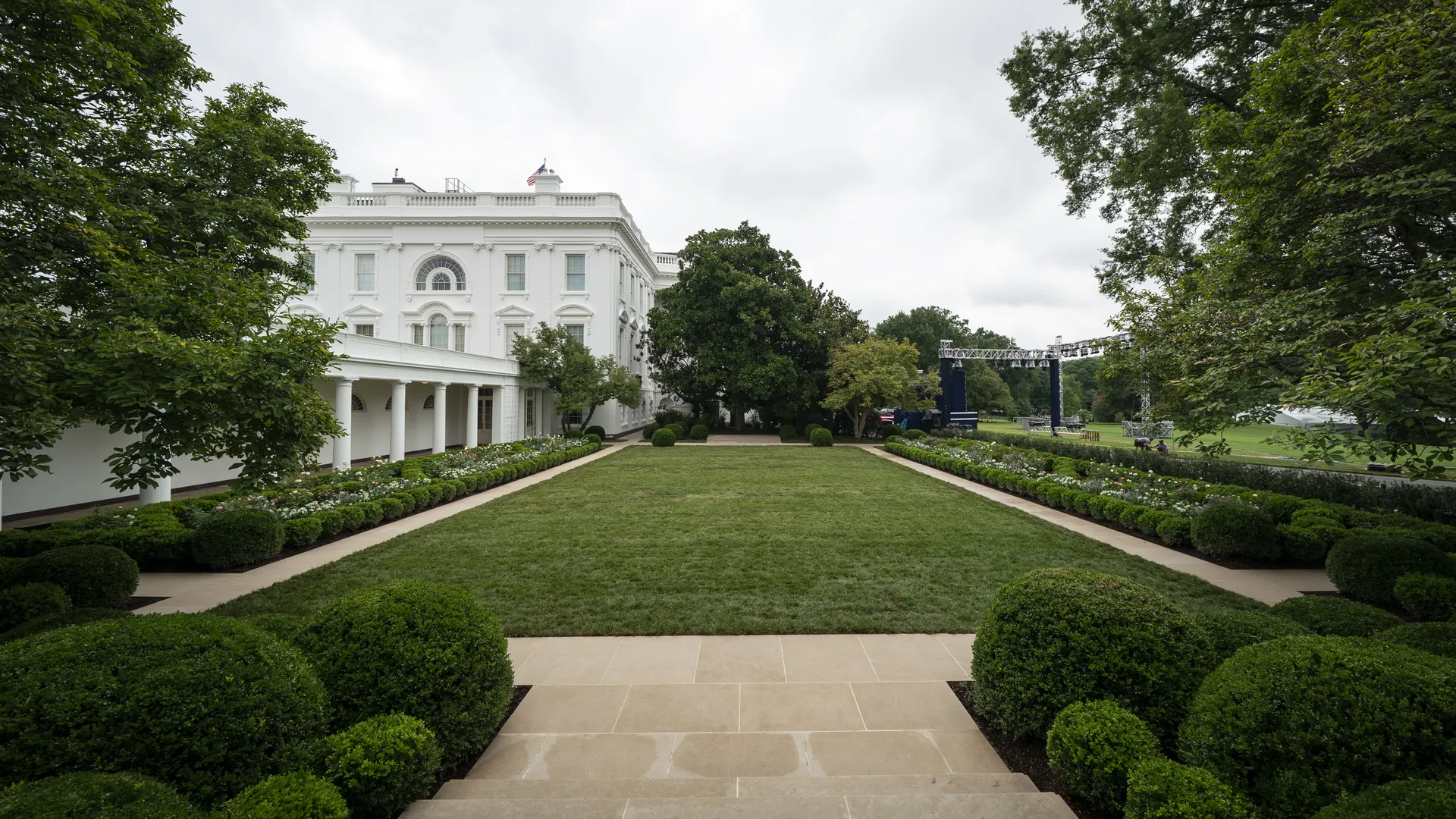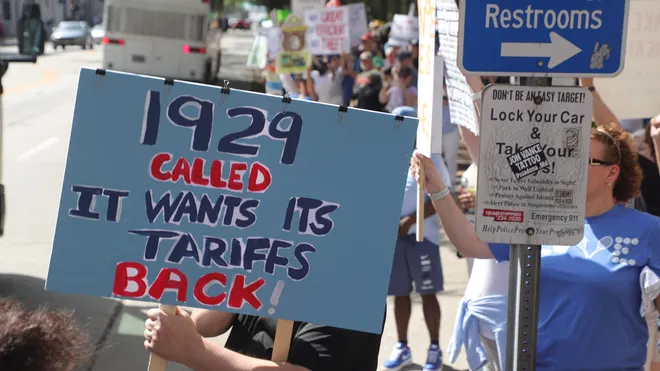Escalating Trade War Threatens American Livelihoods
The trade war that many thought had faded into the background has re-emerged with a vengeance under the Trump administration. This week, President Trump reignited tensions by sending letters to nearly two dozen countries, threatening staggering tariff rates that could cripple American businesses and inflate consumer prices. Starting in August, importers will face a 25% tax on goods from South Korea and Japan, a 35% tax from Canada and Bangladesh, and a jaw-dropping 50% tax on products from Brazil unless bilateral agreements are reached. Trump"s reckless maneuvering is not just a political stunt; it represents a serious threat to the economic stability of countless American families and businesses.
Impact on Small Businesses and Workers
The consequences of these tariffs are dire. Small businesses, particularly those reliant on imported goods, are already feeling the squeeze. Jonathan Silva, CEO of WS Game Company, shared his harrowing experience of navigating these turbulent waters. His company, which produces upscale versions of classic board games, has seen import fees soar as high as 145%. Silva was forced to implement a spending freeze, halt bonuses, and cut back on hiring. The ultimate goal? To keep every employee on payroll. Yet, even with these drastic measures, his company lost $16 million in purchase commitments due to sticker-shocked retailers. Silva"s experience is a microcosm of the broader crisis facing small businesses across America.

White House debuts redesigned Rose Garden
Consumer Costs Are Set to Skyrocket
As businesses grapple with these new tariffs, the burden is inevitably passed down to consumers. According to the Yale Budget Lab, American households can expect to pay an average of $2,400 more this year due to Trump"s aggressive trade policies. This rise in consumer costs is not just a minor inconvenience; it represents a significant hit to the already strained budgets of working-class families. With an effective tariff rate of 18%, the highest since 1934, the purchasing power of everyday Americans is under serious threat. Analysts at BNP Paribas predict that as inventory levels clear, prices will rise steeply, particularly for clothing and footwear, which could see increases around 40%. This is a stark reminder that these policies disproportionately impact those who are already marginalized.
Economic Fallout and Inequality
The economic implications of Trump"s trade war extend far beyond immediate price hikes. Research indicates that these tariffs could reduce long-run GDP by about 6% and wages by about 5%. The most vulnerable among us—low-income workers and families—will bear the brunt of this economic fallout. Every dollar spent on inflated goods is a dollar taken away from essentials like housing, healthcare, and education. The ongoing trade conflict further exacerbates wealth inequality, as those with means can weather these storms while the working class struggles to make ends meet.

Trump"s tariff plan tanked stocks. Congress let it happen ...
A Broken System Demands Reform
The current trade policies are symptomatic of a broken economic system that prioritizes profits over people. Trump’s approach, characterized by erratic decisions and a lack of coherent strategy, is damaging trust in the marketplace. As reported by the White House, these tariffs are being framed as a way to protect American interests, but the reality is far different. The failure to engage in meaningful dialogue with trading partners only deepens the economic crisis faced by small businesses and consumers alike. The time has come for a systemic overhaul that prioritizes equitable trade practices and supports the most vulnerable among us.







![[Video] Gunfire between Iraqi security forces and Sadr militias in Baghdad](/_next/image?url=%2Fapi%2Fimage%2Fthumbnails%2Fthumbnail-1768343508874-4redb-thumbnail.jpg&w=3840&q=75)
